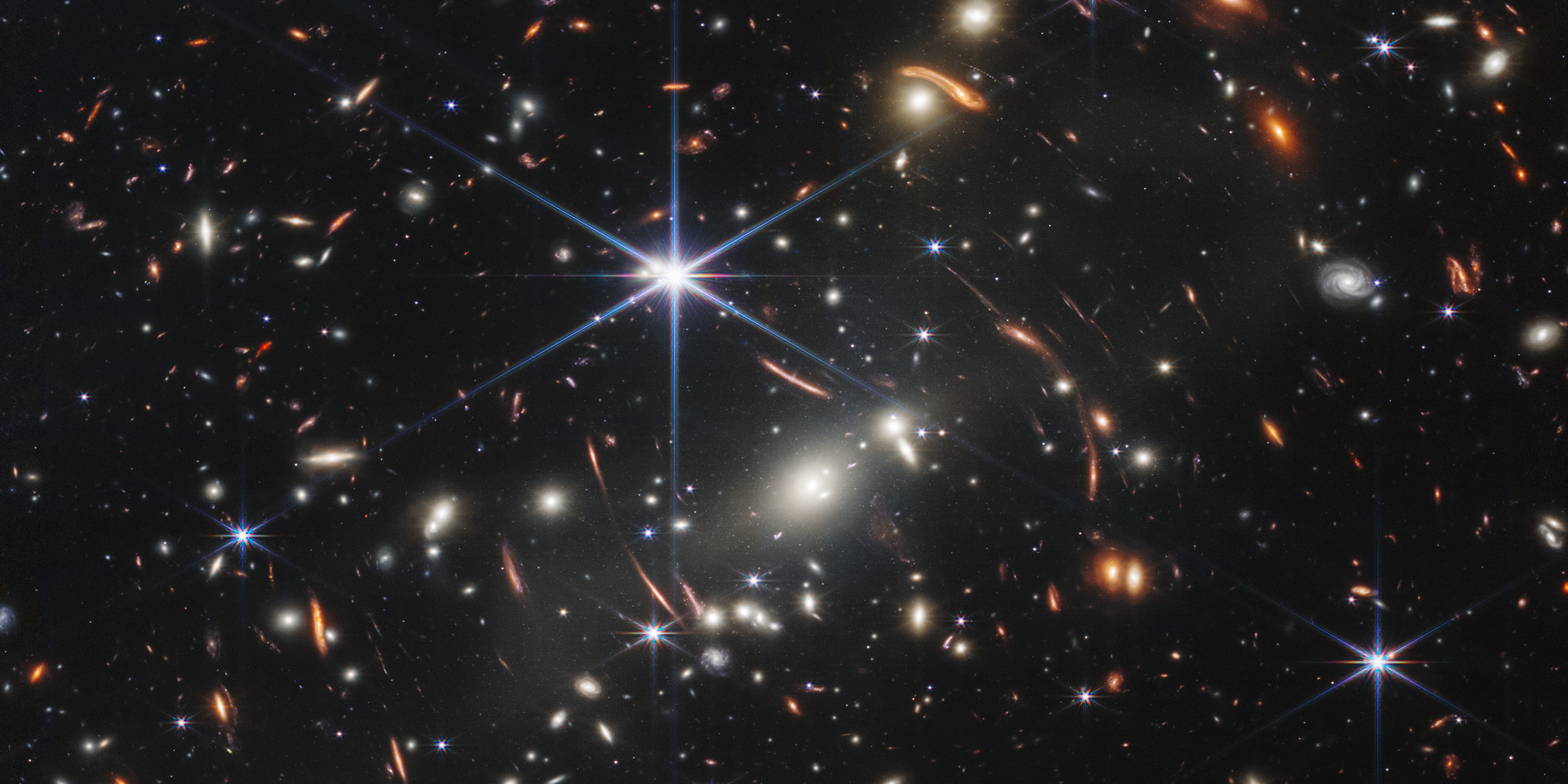Originally published 19 November 2002
Last week’s column mentioned in passing the medieval European liberal-arts curriculum, required of every university student who sought a bachelor’s degree.
The curriculum was divided into two parts — the trivium (grammar, rhetoric, and logic), and the quadrivium (arithmetic, geometry, music, and astronomy). Of course, beyond these basics, which were shared by every graduate, a student might pursue specialized learning in fields such as theology, medicine, or law.
Some of the medieval curriculum was still in evidence when I attended the University of Notre Dame in the 1950s.
Thirteenth-century philosopher Thomas Aquinas was prominent in our philosophical and theological studies. So was an emphasis on the intellectual tools embodied in the trivium and quadrivium. In fact, it was my excellent grounding in rhetoric, logic, and mathematics that sent me marching away from Aquinas into the arms of modern science.
All in all, I was well served by my Notre Dame education and its respect for medieval intellectual rigor. But the one missing element in our core studies was astronomy. The omission was not accidental: Of the seven disciplines of the trivium and quadrivium, it is astronomy that most radically separates us from the Middle Ages.
What gave medieval studies their beautiful coherence was a commonly accepted understanding of the physical universe and our place in it. When poet Dante Alighieri took his 14th-century readers on a tour of the cosmos in the Divine Comedy, it was familiar territory they traveled through together.
Every medieval student was well grounded in such concepts as the Earth-centered spheres, the five elements (earth, water, air, fire, and ether), the great chain of being (with humans poised on the cusp between matter and spirit, partaking of both), and the correspondences between the macrocosm and the microcosm (the universe and the human body).
All of which have been consigned to the trash heap of history by post-Copernican astronomy.
And what has taken their place? Answer: Nothing.
Modern science has discovered extraordinary things about the universe and our place in it, but by and large we don’t want to hear about it. We still like to believe that the whole shebang is centered on ourselves, and that cosmic history and human history are the same, pretty much as Dante imagined it.
And so the older, defunct medieval cosmology still lurks behind everything we study, like a rotted-out foundation for the modern university curriculum. It is because we don’t take modern cosmology seriously that the contemporary curriculum lacks coherence.
If we could restore a course in cosmology to the core curriculum, what would it consist of? What are the key things modern astronomy has discovered about the world that are different from the cosmology of Aquinas and Dante?
- The universe is big — very, very big — and we are not at its center.
- The universe is old — very, very old — and we are recent arrivals.
- The universe evolves — galaxies, stars, planets, continents and oceans, living organisms — and we are a blip in the universe’s story.
It is a measure of our coming of age as a species — and of our distance from the Middle Ages — that we are able to separate the universe’s history from our own, and gaze courageously into the cosmos of the spinning galaxies rather than remaining fixated on our own navels. Modern cosmology may deflate our sense of cosmic importance, but it can also be exhilarating, liberating, and empowering.
Finding ourselves in a universe without a center, we are challenged to make our own center, by loving the place we are in.
Still, there is one big cosmological question waiting to be answered. Are we alone? Are we the only conscious creatures in all of the hundred billion galaxies in the observable universe? Or are we as typical and as common as we now know our planet, our star, and our galaxy to be?
We may never know the answer to this question, or we may know the answer tomorrow. Lots of astronomers are trying to discover the answer, scanning the stars with sophisticated instruments, listening for any signal that would say “you are not alone.”
And what of God, who in the medieval cosmos presided at the apex of creation, plucking the strings that made the whole universe resound with songs both sweet and sad? Has he absconded along with the tidy human-centered cosmos?
Well, science has nothing to say about that, but certainly theologians must work within the context of contemporary cosmology. Perhaps, as Annie Dillard states in Pilgrim at Tinker Creek, “God has not absconded but spread, as our vision and understanding of the universe have spread, to a fabric of spirit and sense so grand and subtle, so powerful in a new way, that we can only feel blindly of its hem.”



